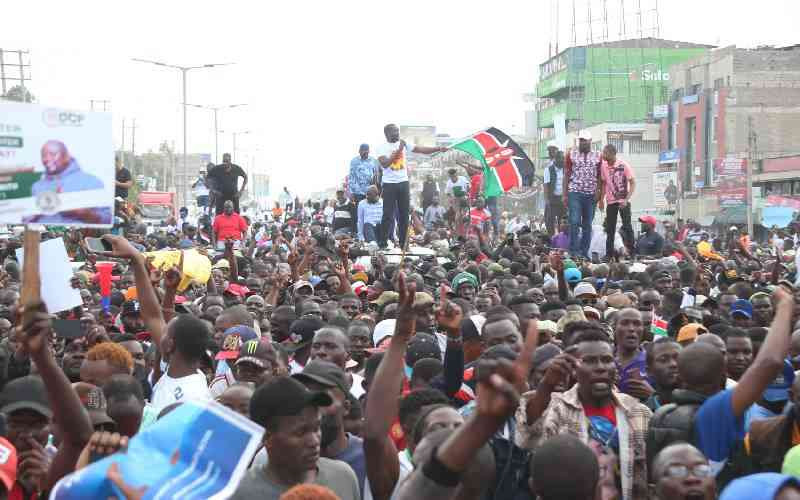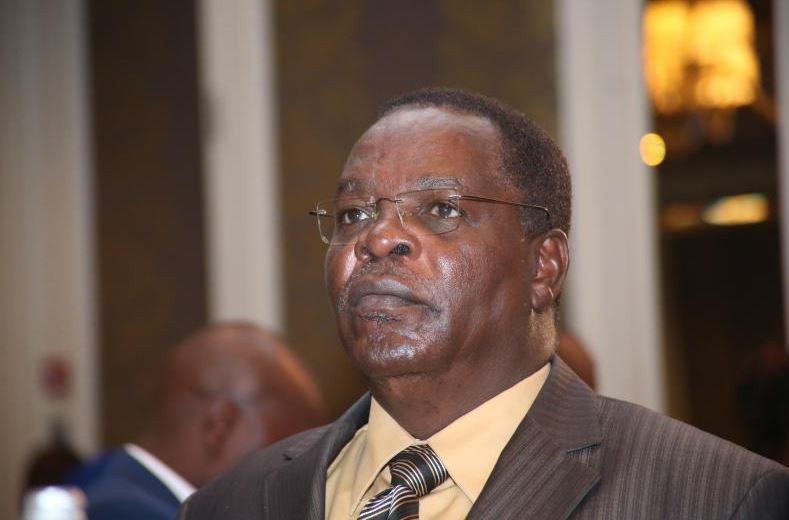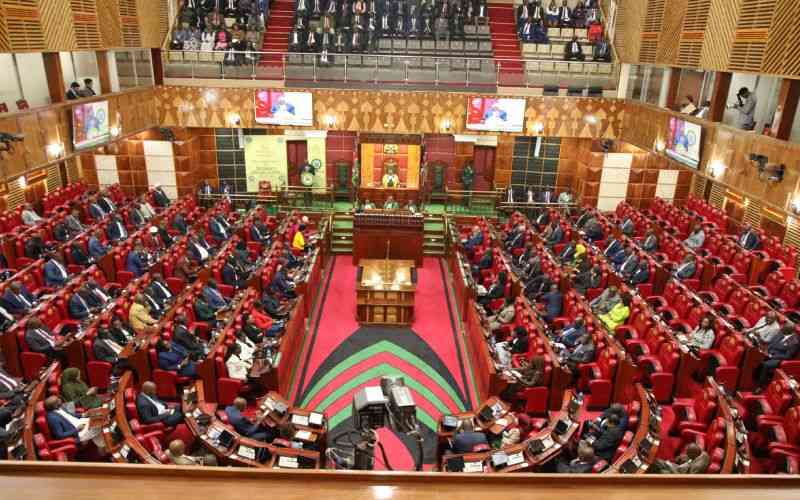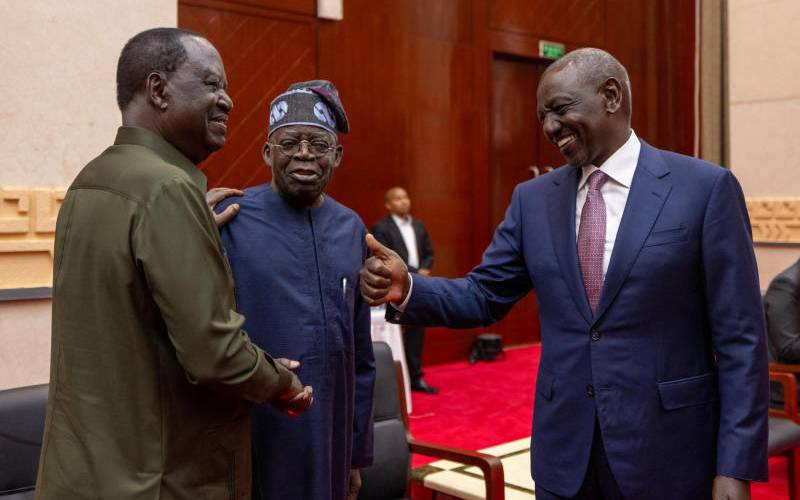The Ethics and Anti-Corruption Commission (EACC) has issued a strong call for urgent reforms to Kenya’s justice and anti-corruption systems, citing prolonged legal processes, critical staffing shortages, and insufficient funding as major obstacles in the fight against graft.
Speaking during a townhall meeting organized by the Institute of Certified Public Accountants of Kenya (ICPAK), EACC Chairperson David Oginde outlined the significant challenges hampering the Commission’s ability to deliver justice effectively.
He emphasised the growing frustration among Kenyans over the slow pace of justice, particularly in high-profile corruption cases.
“Despite numerous investigations and arrests, convictions remain few and far between,” Dr Oginde said. “People hear about arrests, but years go by without any meaningful conclusion or asset recovery. This delay weakens public trust in anti-corruption efforts.”
The commission further noted that legal proceedings in Kenya are notoriously slow.
“Our legal process is extremely lengthy. It can take five years or more for a case to be concluded. This delay has caused growing disillusionment, as Kenyans see arrests being made but rarely see justice served or stolen public assets recovered,” the Commission stated.
According to EACC’s Annual Report for the Financial Year 2023/2024, the Commission submitted 126 investigation files to the Office of the Director of Public Prosecutions (ODPP) with recommendations for prosecution. Additionally, 47 new civil suits were filed targeting the recovery of assets worth approximately Sh9.2 billion.
However, the Commission warned that its operations are severely constrained by limited human and financial resources.
With only 11 regional offices nationwide and, in some cases, just one investigator covering multiple counties EACC struggles to meet the growing demand for timely investigations and enforcement.
“We lack sufficient personnel to effectively respond to the scale of corruption in the country,” EACC stated. “This directly affects the quality, scope, and speed of our work.”
The townhall also shed light on broader concerns around transparency and accountability in public finance.
Patrick Nyangweso, CEO of the National Taxpayers Association (NTA), made a strong case for full implementation of e-procurement to eliminate fraud and inefficiencies in government spending.
“We fully support the National Treasury’s push for e-procurement,” Nyangweso said. “It will eliminate leakages, promote transparency, and free up resources for essential services like education, health, and infrastructure. Resistance to it especially from some political quarters undermines accountability.”
The Commission welcomed ongoing legal reforms, including a proposed new law aimed at shortening the time it takes for corruption cases to be heard and determined.
Stay informed. Subscribe to our newsletter
It also expressed support for the Judiciary’s initiative to expand specialized anti-corruption courts beyond Nairobi.
However, EACC emphasised that these efforts will only be effective with adequate investment in judicial infrastructure, personnel, and technology.
“Special courts alone are not enough,” the Commission cautioned. “We need more judges, more magistrates, and more courtrooms. Like us, the Judiciary also requires more resources. This is a shared challenge that demands a collective solution.”
Prof. Elizabeth Kalunda Muvui, Chair of ICPAK, criticized the widespread neglect of audit committee reports at both the national and county levels.
Despite having qualified professionals and credible findings, many of these reports are routinely ignored.
“We’ve seen audit committee reports that are almost identical to those of the Auditor General,” Prof. Muvui noted. “If leadership actually implemented those recommendations, many issues would be resolved. We must strengthen audit committees and ensure their findings inform real action.”
Dr. Oginde also decried the public’s lack of awareness about the real cost of corruption. He pointed out that many Kenyans fail to connect poor service delivery such as bad roads, drug shortages, or overcrowded classrooms, to the theft and misuse of public funds.
“As a society, we’ve failed to link corruption to service delivery failures,” he said. “Ironically, those who steal public resources are sometimes celebrated by the very communities they deprive. We must do more to educate the public about the consequences of corruption.”
To address this disconnect, stakeholders called for stronger civic engagement, including grassroots-level citizen audits to track how public funds such as bursaries, CDF allocations, and infrastructure budgets are utilized.
A call for collective action was put as EACC cannot win the war on corruption alone. Greater synergy is needed between accountability institutions, including the ODPP, Judiciary, Auditor General, Parliament, and oversight bodies. Adequate funding, political goodwill, and informed public participation are also essential.






















